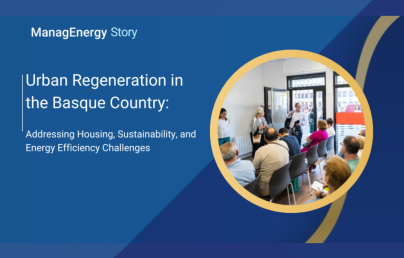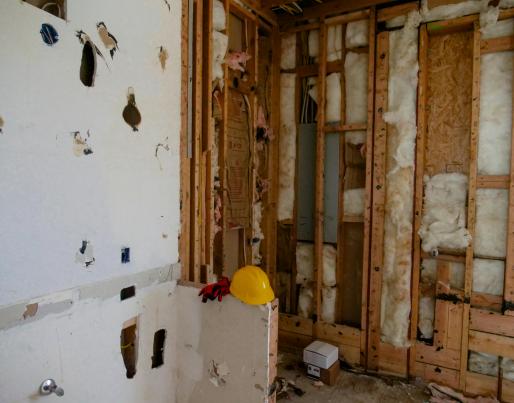
Addressing thermal bridging

Addressing thermal bridging
Retrofitting traditional buildings requires addressing thermal bridging to improve energy efficiency, prevent moisture issues, and meet modern regulatory standards while preserving architectural integrity.
Retrofitting traditional buildings is key to enhancing energy efficiency and meeting carbon reduction goals. A major challenge in this process is thermal bridging, which occurs when materials like masonry, timber or steel allow heat transfer through the building envelope, bypassing insulation and causing up to 30% heat loss. This leads to energy inefficiencies, condensation, and potential structural issues.
Solutions like thermal breaks, continuous insulation, and eco-friendly products like Partel's Alma Vert blocks offer effective ways to address thermal bridging while preserving historical architecture.

